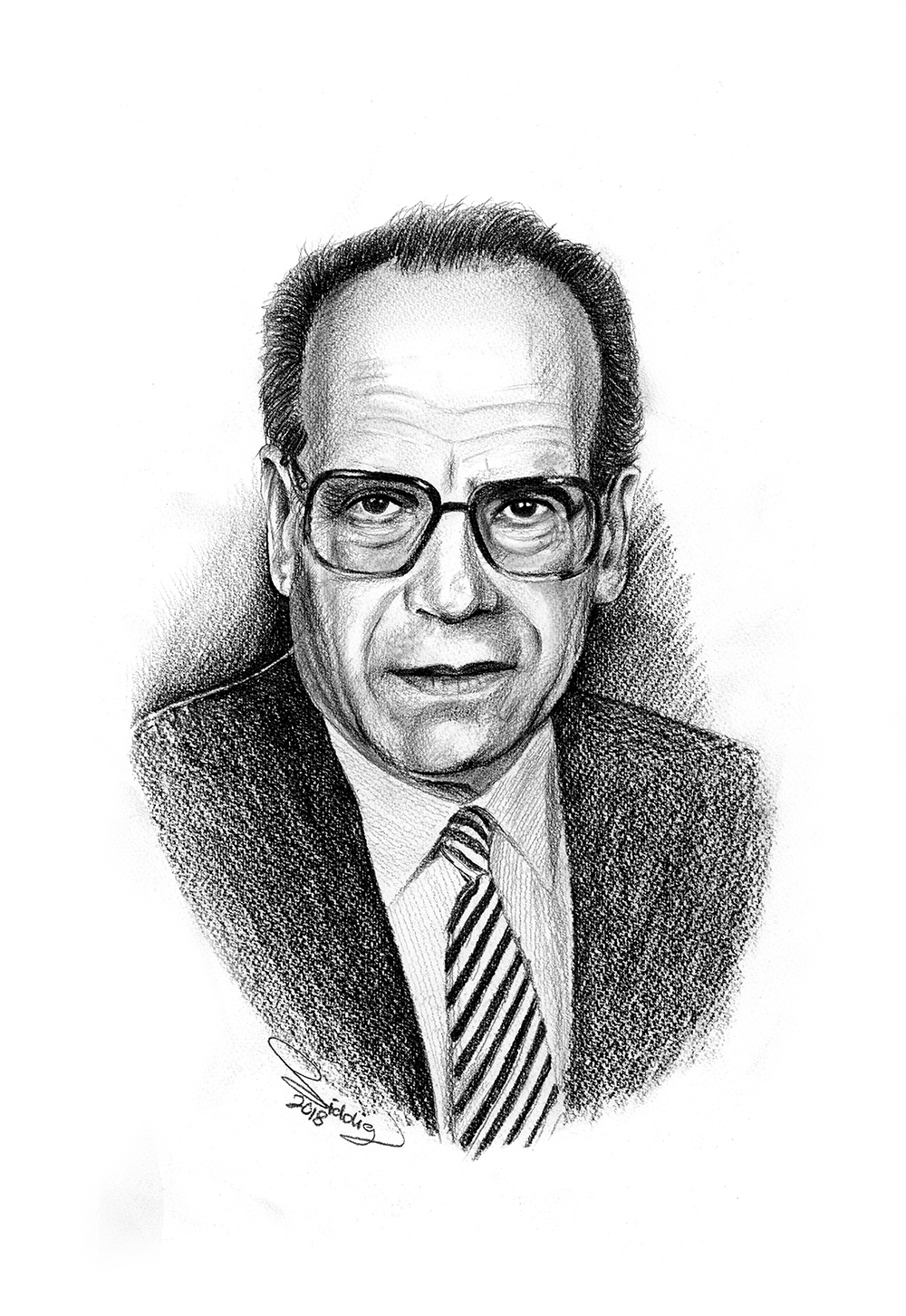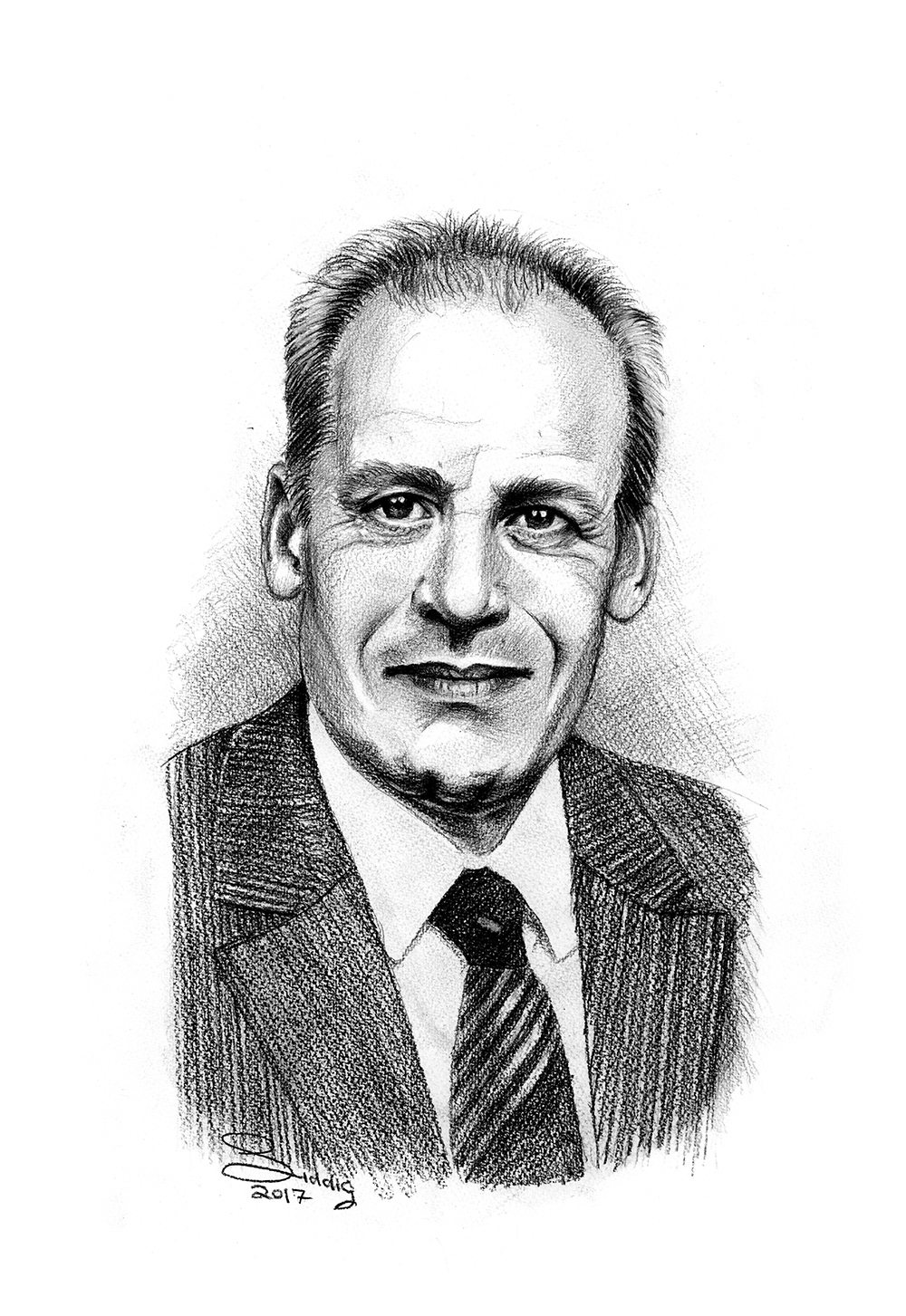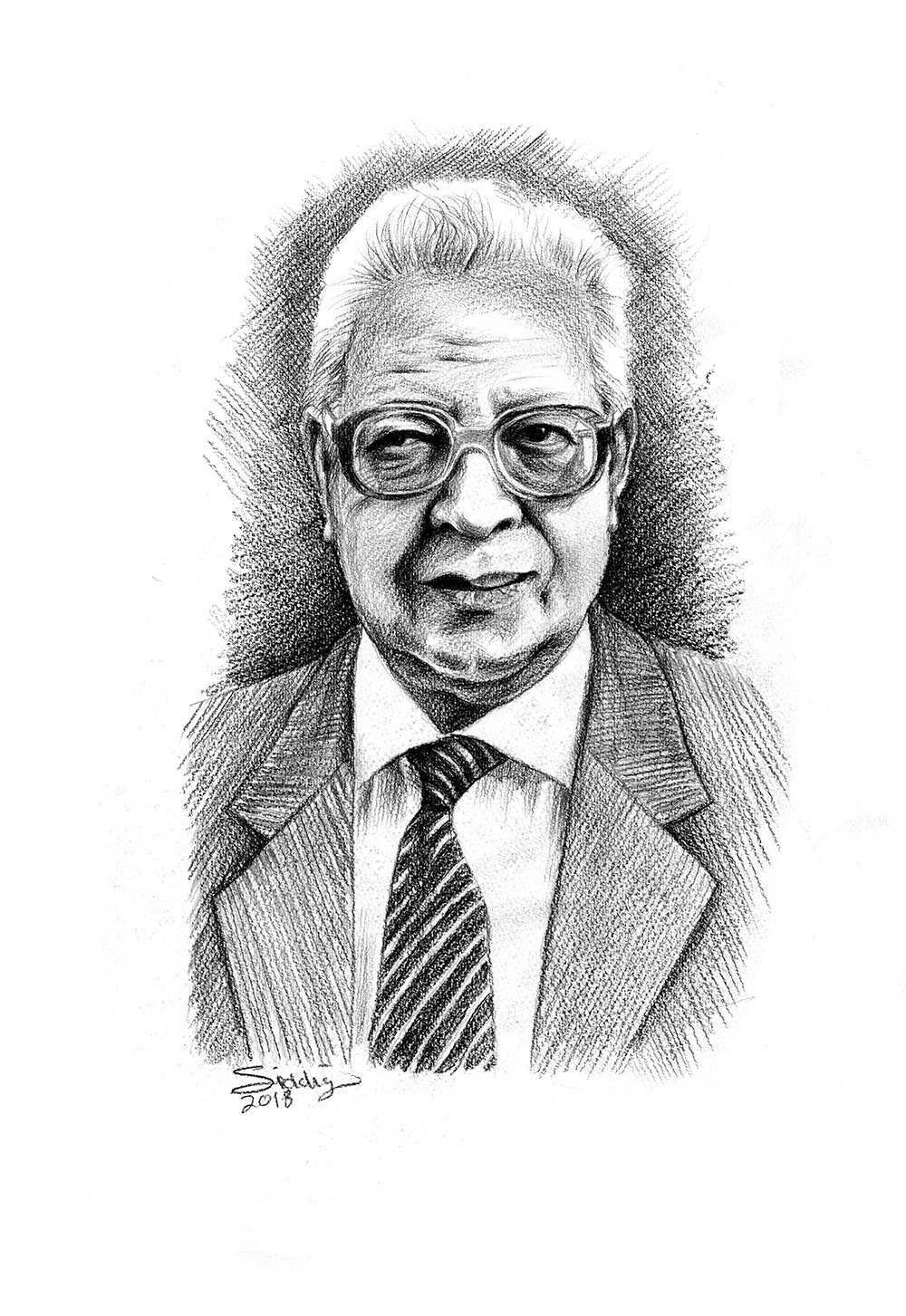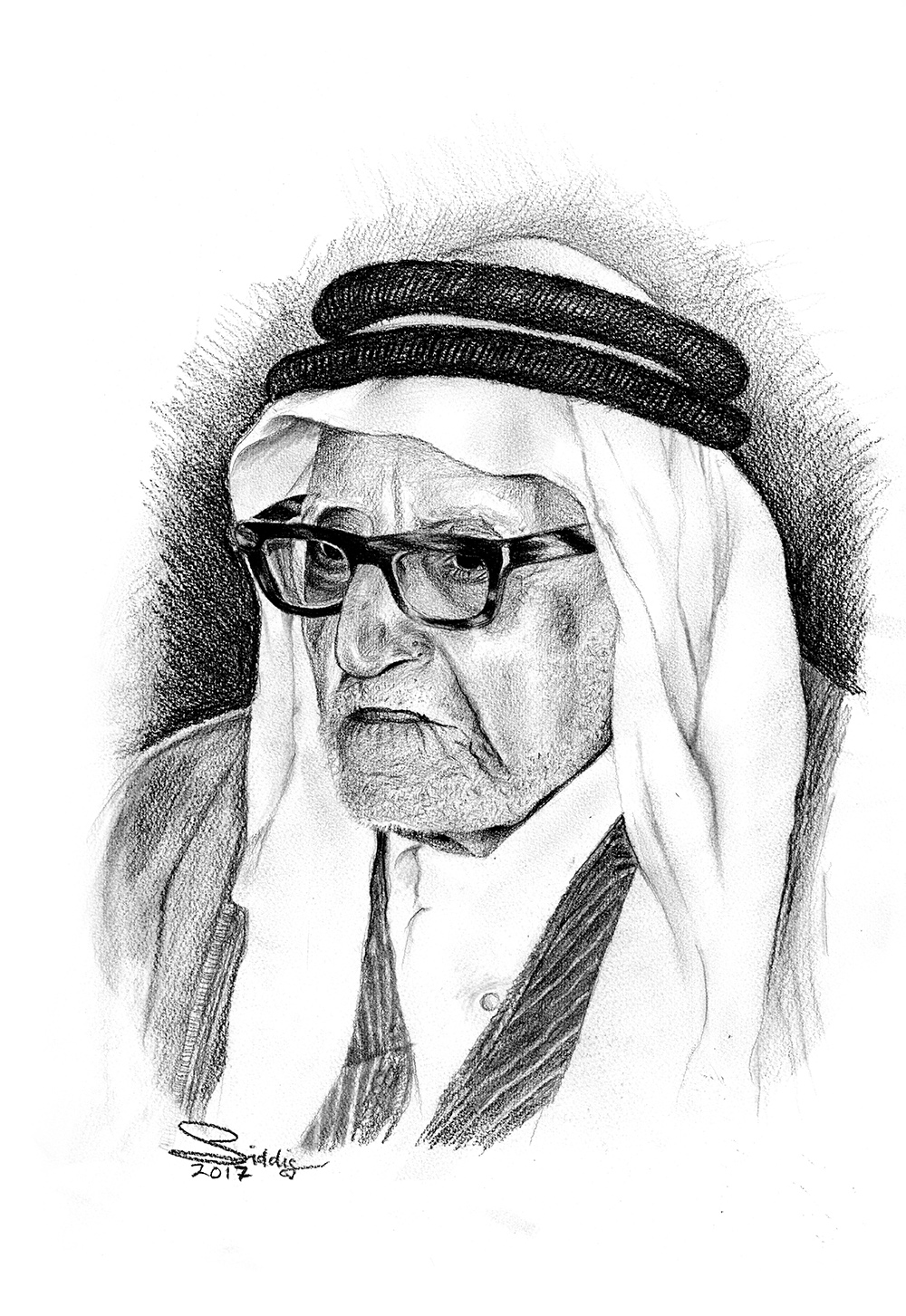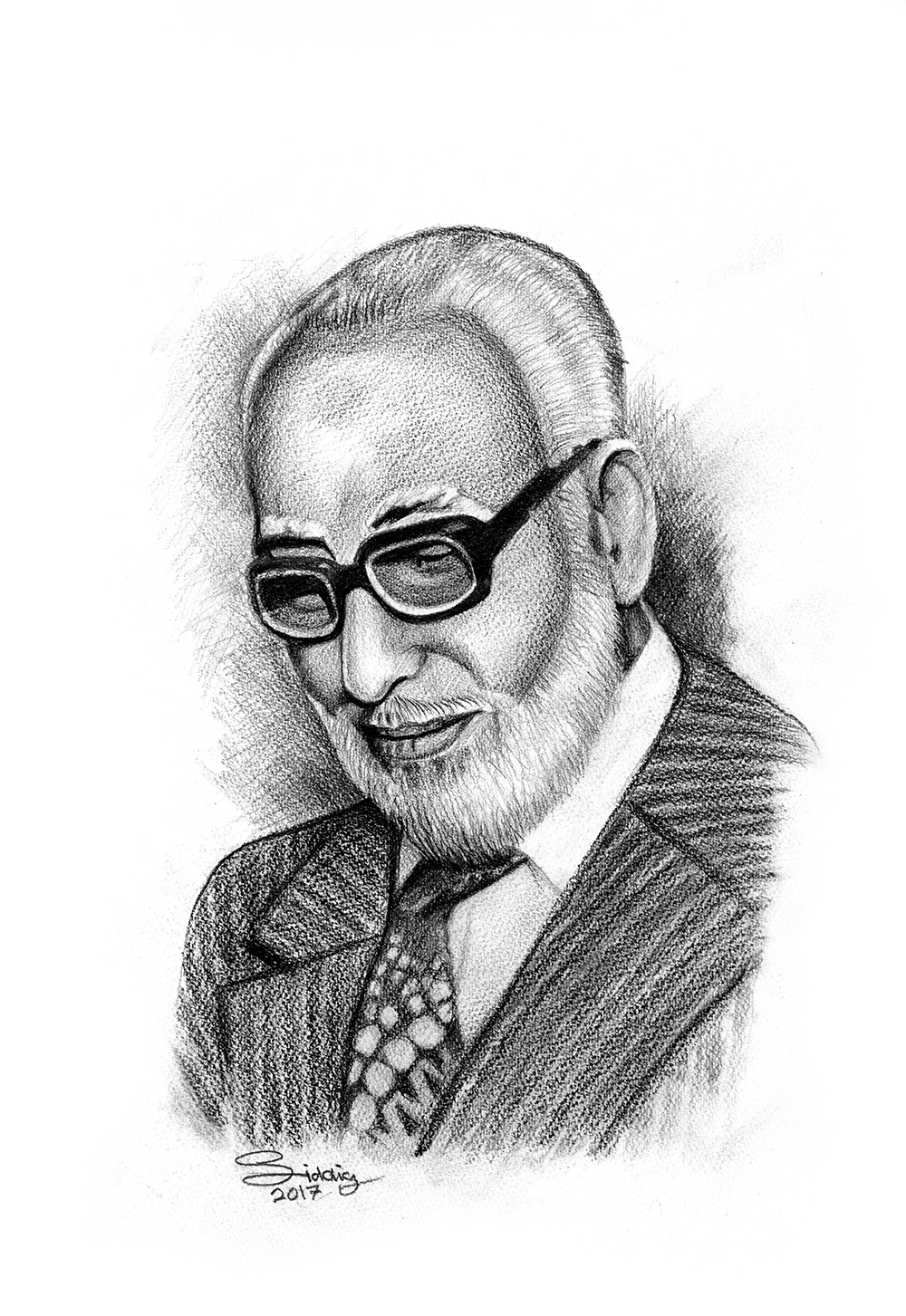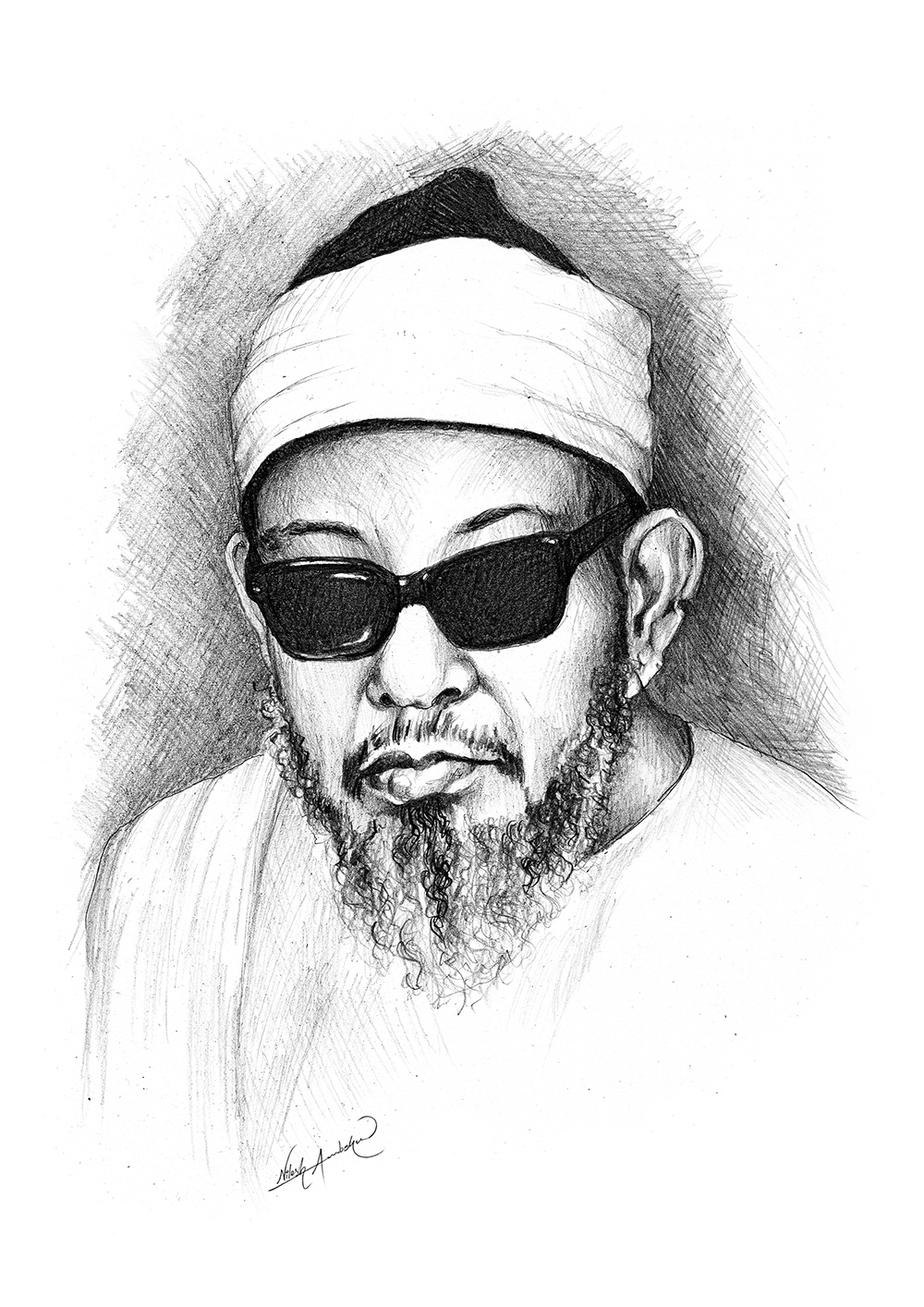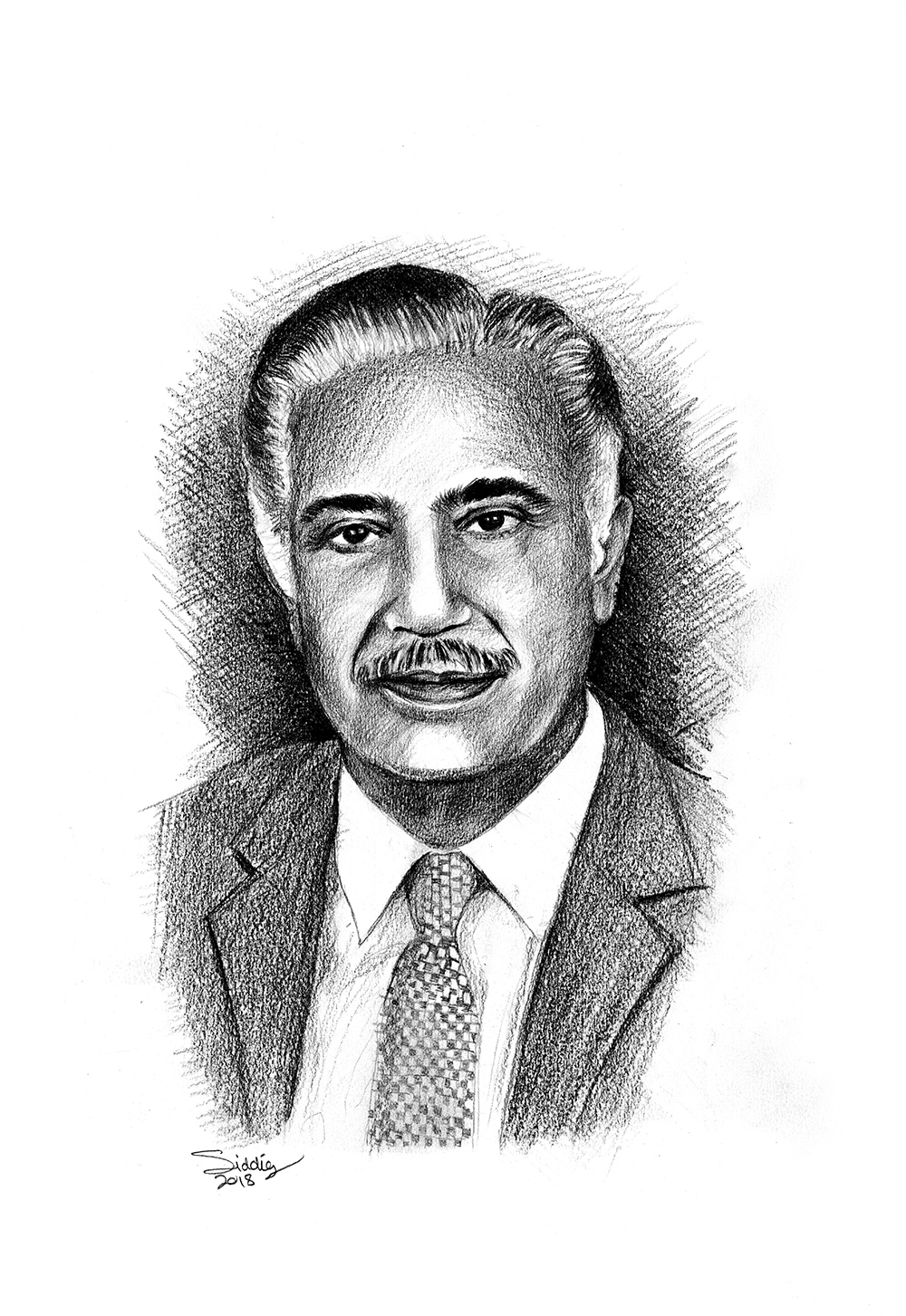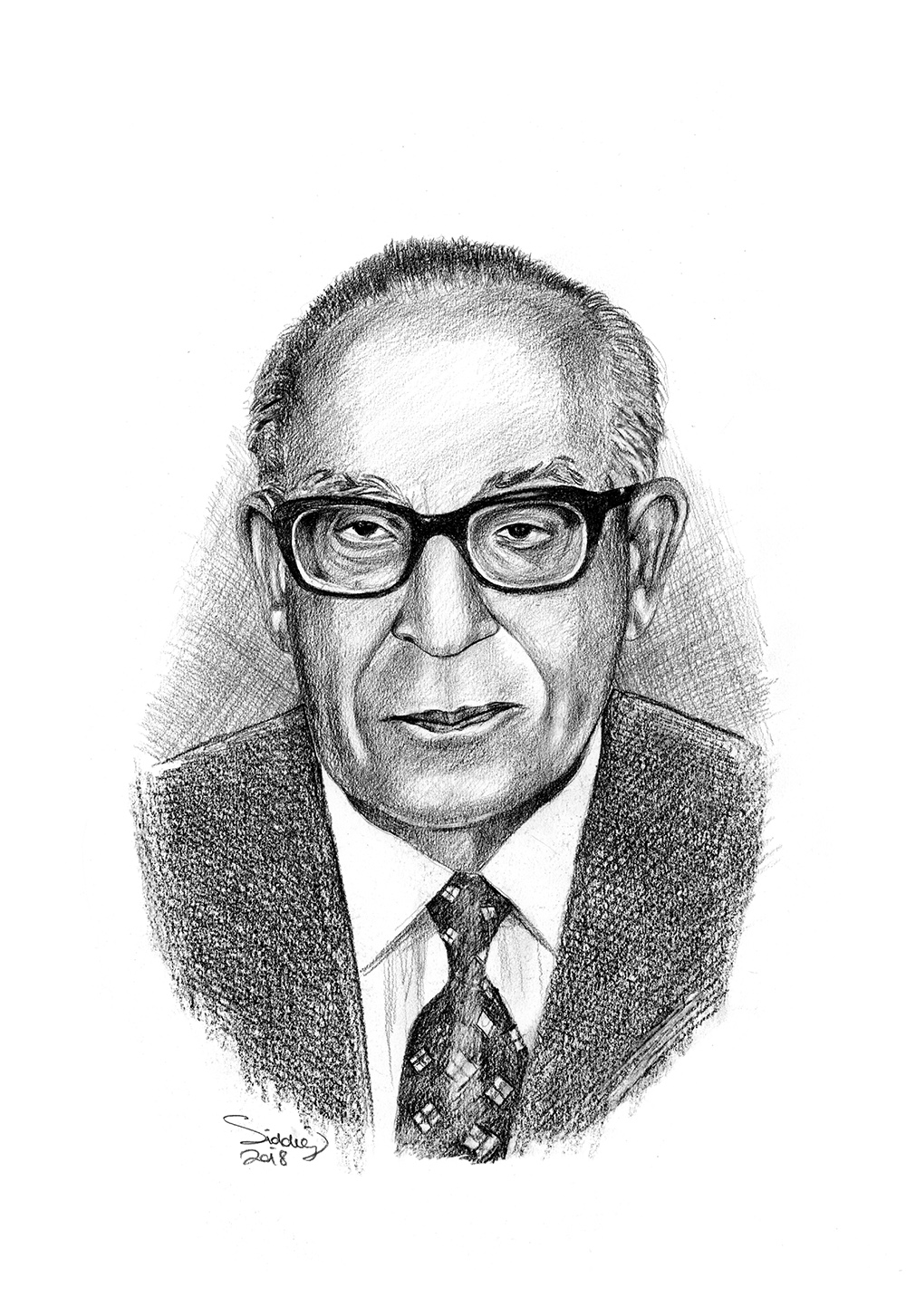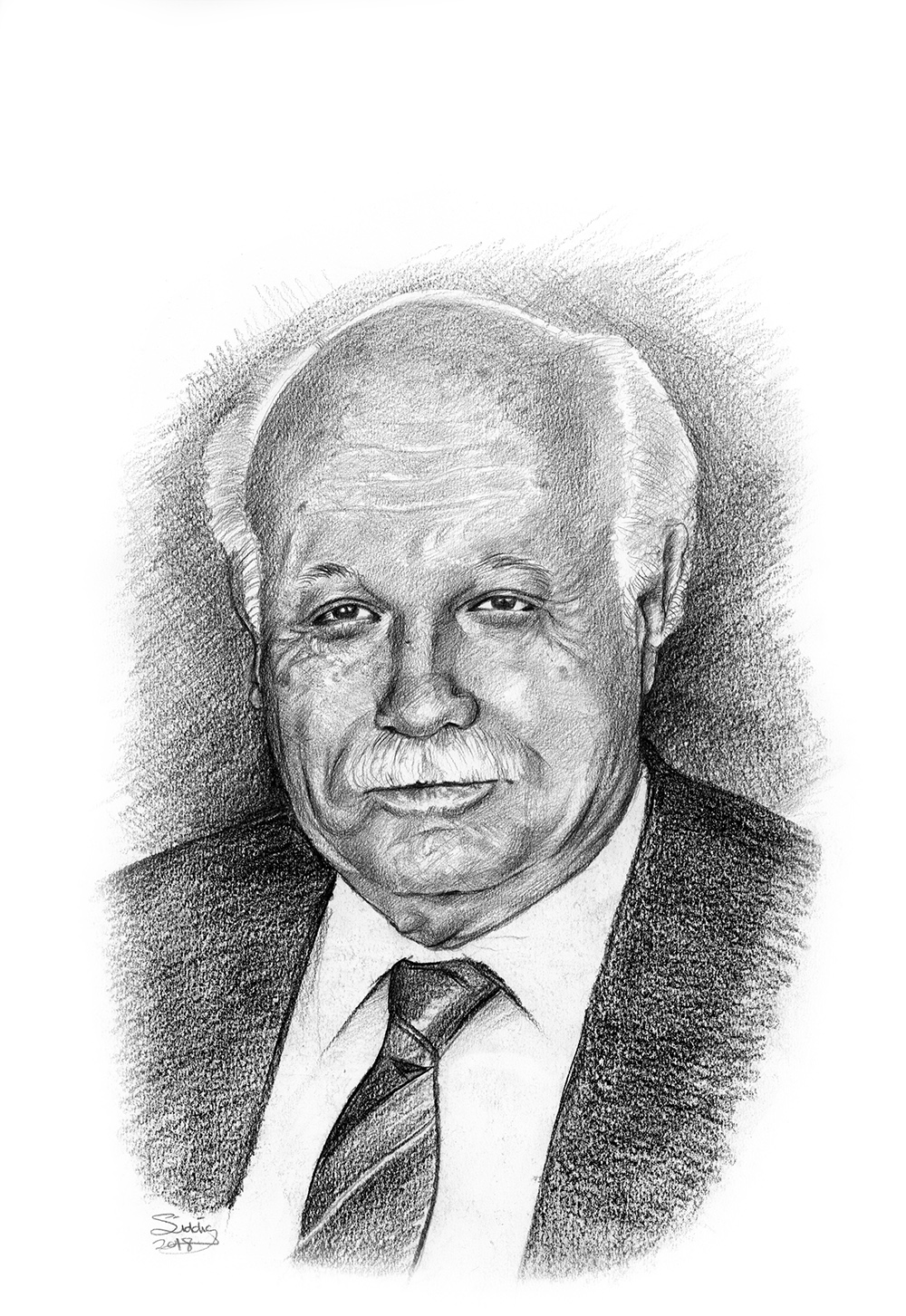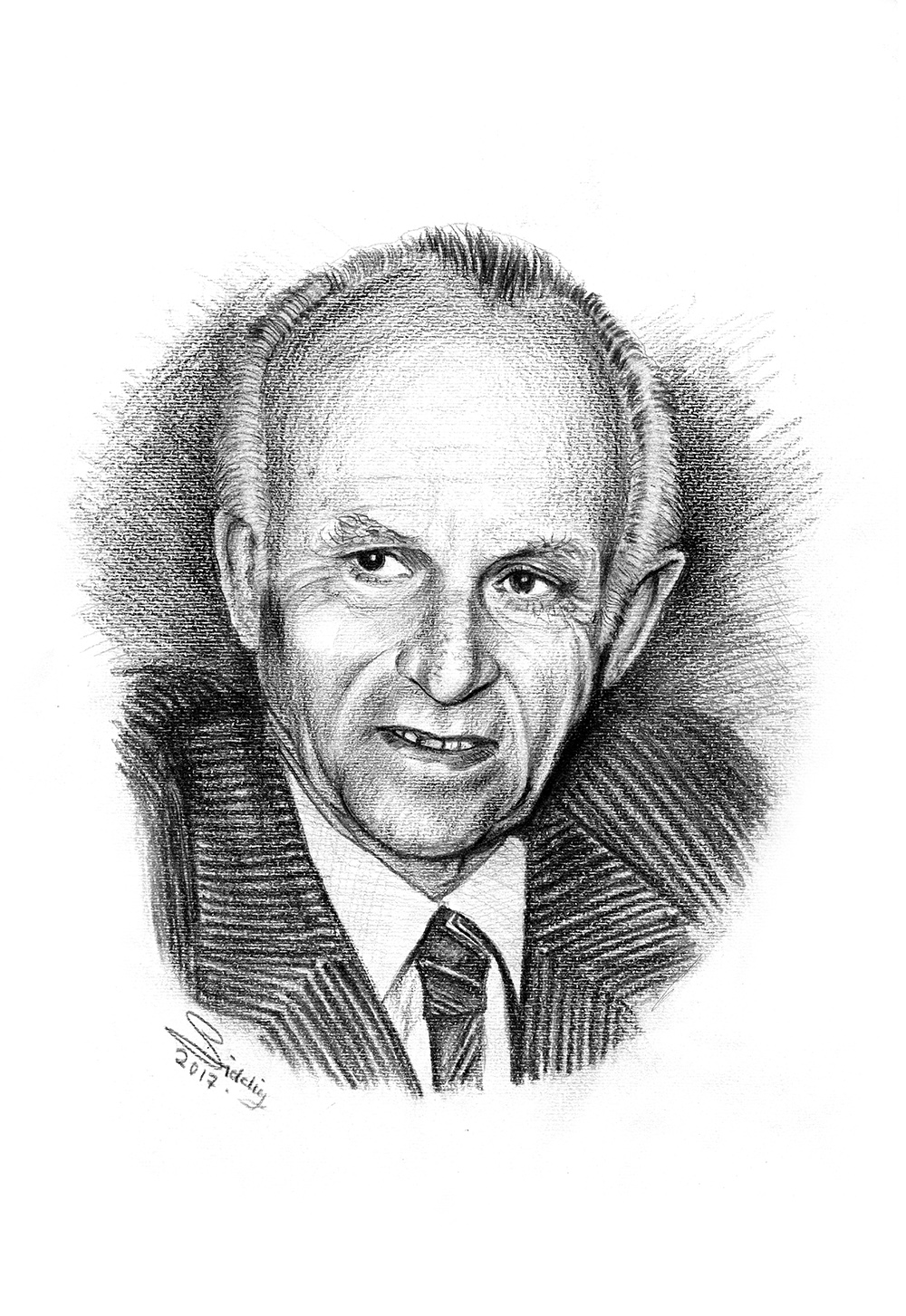Shaker Al-Fahham was educated in Fuad Al-Awal University from which he received his BA in 1946, an MA in 1960, and a Ph.D. in 1963 in Arabic Language and Literature.
Professor Al-Fahham was appointed to several prestigious academic and political positions in Syria. He was a member of the People’s Assembly, Minister of Education (twice), Minister of Higher Education (twice), Ambassador to Algeria, and President of Damascus University. Despite his enormous administrative and political responsibilities, he continued teaching in Damascus University as a professor of Arabic Language and Literature at the College of Arts. He also participated significantly in conferences, symposia, committees and a range of national, Arab, and international cultural and educational institutions.
Professor Al-Fahham was one of Syria’s most distinguished intellectuals. His deep knowledge of the ingredients of Arabic Literature is reflected in his numerous books, editions, verifications and articles. Among his books on ancient Arab poets that qualified him for the King Faisal International Prize for Arabic Literature are: Nazarat Fi Shi’r Bashar ibn Burd (Views on the Poetry of Bashar ibn Burd), Mukhtart min Shi’r Al-Andalus (Selections from Andalusian Poetry) and Al-Farzdag. The last-mentioned book remains one of the best-known critiques available on the life and works of this ancient Arab poet. Professor Al-Fahham was a key figure in the Arab cultural life for many decades.
This biography was written in the year the prize was awarded.

